World Order: Geopolitics, Trends and Strategies

José María Peredo, Professor of Communication and International Relations at the European University of Madrid and contributor to Atalayar, spoke in depth about the concepts in his new book ‘Orden mundial: geopolítica, tendencias y estrategias’ and its importance for understanding what we are currently experiencing on the international stage.
He also analysed the training of Kamala Harris and the division of votes in the US presidential elections.
Three and a half years ago you wrote ‘This is not about Trump’ and now ‘World Order’, why this book now?
That book ‘This is not about Trump’, which was co-edited and supported by Atalayar, came out just before the 2020 elections. Now, although it talks about international relations and the election campaign, it is still about Trump. Why the World Order? It is a time of major uncertainty at the international level, as we see in the events that are happening, as we hear in the analyses in this programme.
A great uncertainty, a process also of transformation of order and, based on different articles and different reflections on this idea of World Order, of international order, the aim is to try to understand it and explain it better, as in the end it has become an essay.
It is a short book, an essay on the question that seeks to clarify this idea that we all have, but which does not seem to coincide in all cases. What is this World Order? Where is the office of the World Order? Nowhere.
It's obviously a metaphor that society uses to understand issues like stability, like the resolution of complexity, like institutions and the orderly regulation of relations between states and so on. The idea is to explain it in an academic but informative way, so that people can understand it better. That is the goal.
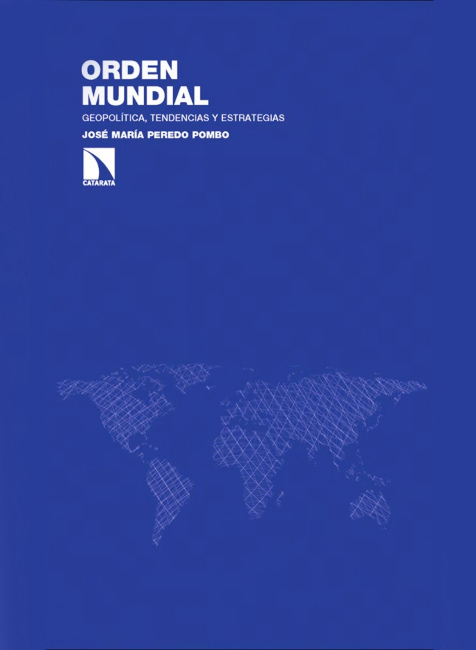
Yes, at this time of social networks, where many, too many, say whatever they want without having a clue about anything, this type of work is necessary to know basic concepts, history, to understand what we are living through... It is 125 pages, but, I would dare to say, a book of obligatory consultation for politicians, academics, businessmen, and, of course, journalists.
The audience is made up of these specialised sectors and, within society, obviously people who have to make decisions, who have to move, who have to trade, in other words, people who are in some way conditioned or determined precisely by this need for stability, by these future prospects in international relations, by the arrival of all these changes that will mean and are already being signified by technologies, by the arrival of artificial intelligence...
Of course, I am not going into all these issues in detail, but rather it is more of a varnish, an overview to understand a little of the dimension of the complexity, which is great.
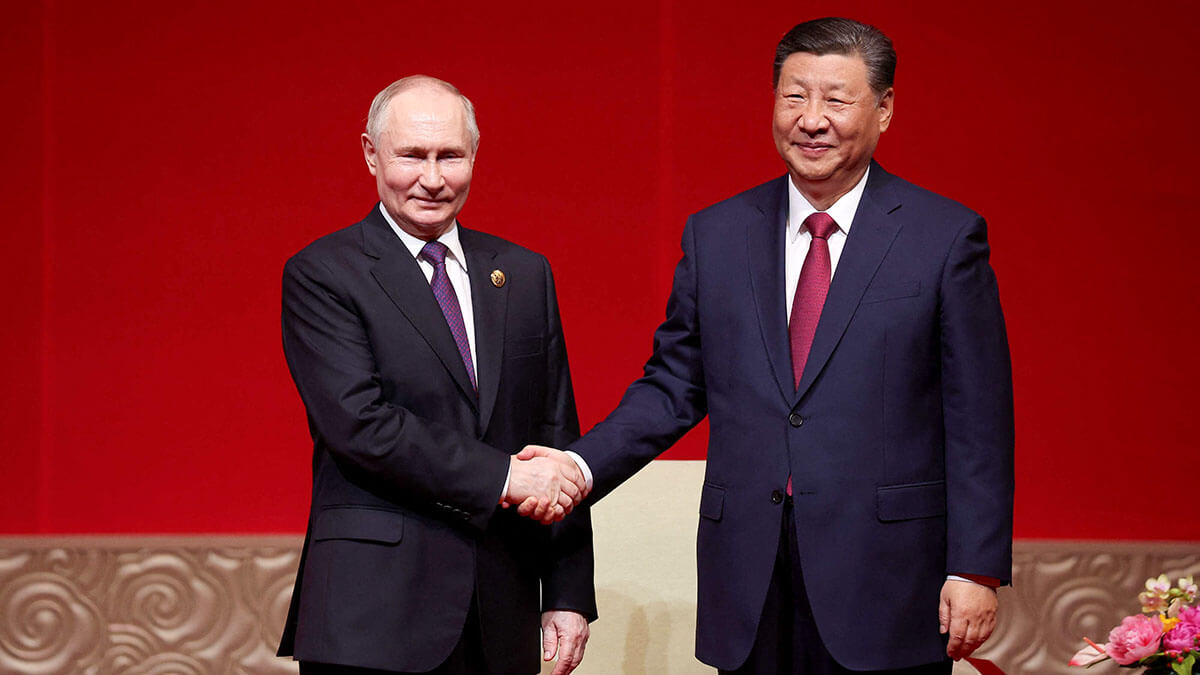
You say in the introduction that the aim of the present work is to delve deeper into the concept of international order and, on the basis of this reflection, to establish differences between the paradigms of the past and the present in order to help conceive a longer and broader strategic vision. In today's superficial world, this seems more than necessary, doesn't it?
Strategic vision is important. Not that I am able to give it, but what I am trying to do with the book is to give guidelines to those who can actually make those strategic decisions and approaches. I mean, why go to history to look for references there?
We have a world in transformation. There have been important transformations in certain historical moments and we have to go back to those transformations simply to draw attention to them. Not to explain them again. I am not a historian, nor do I pretend to be, let alone enter into such a complex field as history, analysis or historical research. But I do go into those processes of transformation, as in certain moments.
Before, the discovery of the new world, later, the Congress of Vienna, or the two world wars, they signify turning points, turning points in the international or regional orders of each moment, right? This is important to bear in mind now how these or other transformations can be envisaged today.
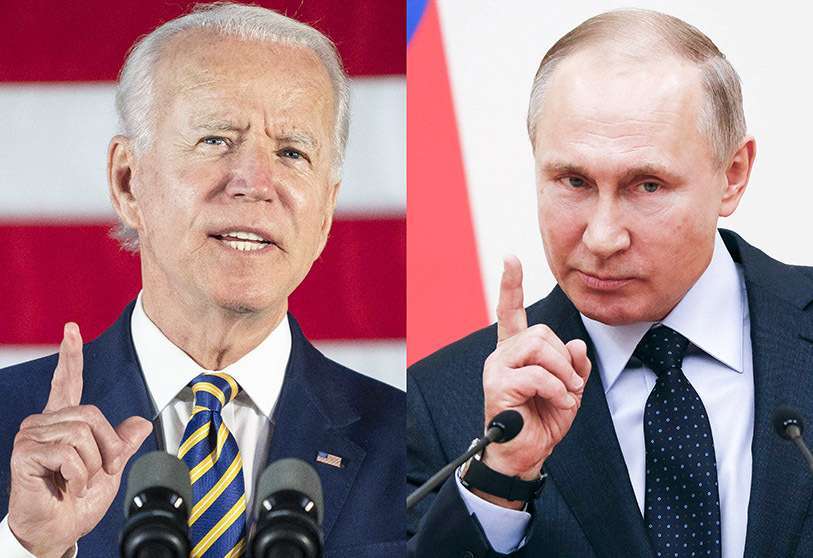
I would ask you to pay close attention to the final chapter, ‘challenges and conclusions’, because one of the conclusions is that, despite the complexity, there has not yet been an open conflict, and what we need to do is to reach a series of agreements that could allow for a certain stability or coexistence, right?
This is important bearing in mind that, on many occasions in history, international orders have arisen from a war, the end of a war, and yet, at this moment, the transformation of the international order or the creation of a new framework, a new order with new institutions that are different, other guidelines or adapted to those that exist, can appear without the need for this great conflict to take place.
At the moment, despite the local and terrible conflicts that exist, this is what is being achieved; we are working, and the states and the different institutions are working, to bring about this transformation without the need for a prior conflict.
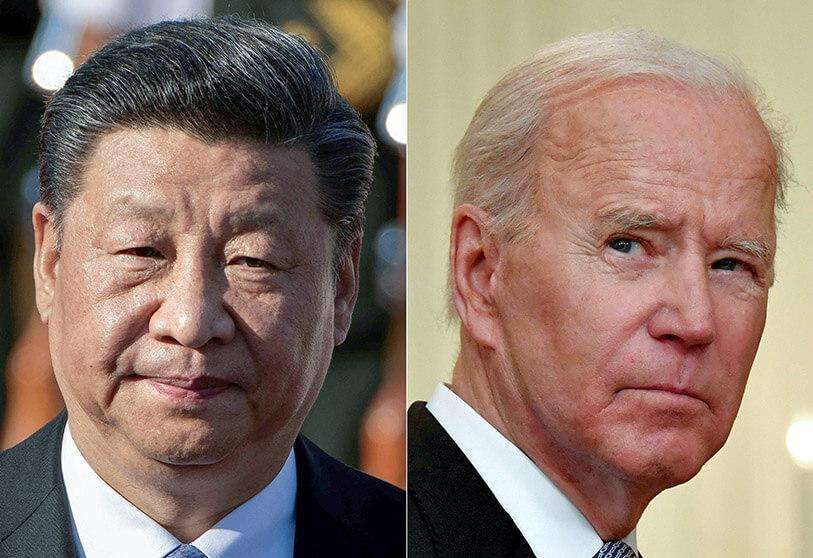
‘World Order: Geopolitics, Trends and Strategies’. The book, 125 pages, very clear, very direct, very useful for understanding everything that is happening. But, speaking of other issues, Kamala Harris shows that she is very capable, at least to debate and leave Donald Trump in a complicated situation in the US elections.
There is no doubt about it, Kamala has moved on. What is not clear to me, and I have also written about this in an article in Atalayar, is that Trump has gone as far backwards as one might think. Now it has been very clear from the debate that she won the debate, that she is ready, that she is a strong and solid candidate.
Voting intention is divided, similarly at 47, 48 or even 49% in each case, of voting intention for one candidate or the other. And we will have to see if this has changed and if it is changing, because, if it has not, the outlook is that the fight is going to be very close.
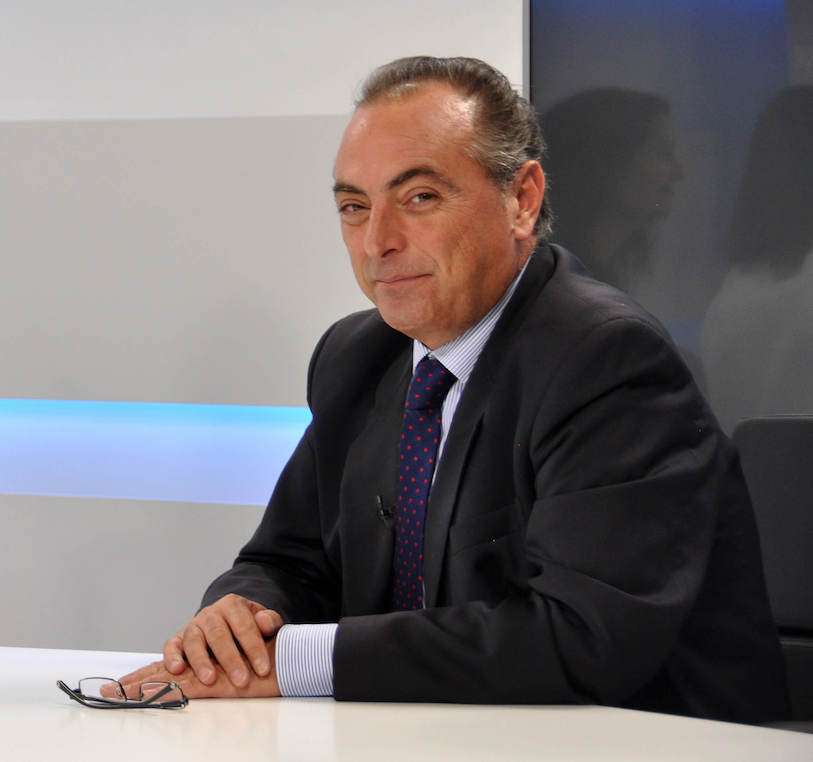
And remember, José María, that in elections in the United States, because of the electoral system, there are states that have been historically defined and that the polls now show them to be in favour of Republicans or Democrats, and that where the presidential election is really decided, especially in terms of economic issues, productivity, the automobile industry, etc., is in those industrialised states of the central United States, Michigan, Wisconsin, Ohio, Pennsylvania and Minnesota.
And that has not yet changed because in the polls that Gallup, a company of extraordinary prestige, put out on 9 September, before the debate, this vote was still defined as such in some states. There is some uncertainty about the final result, and that seems to be where it will be decided.









